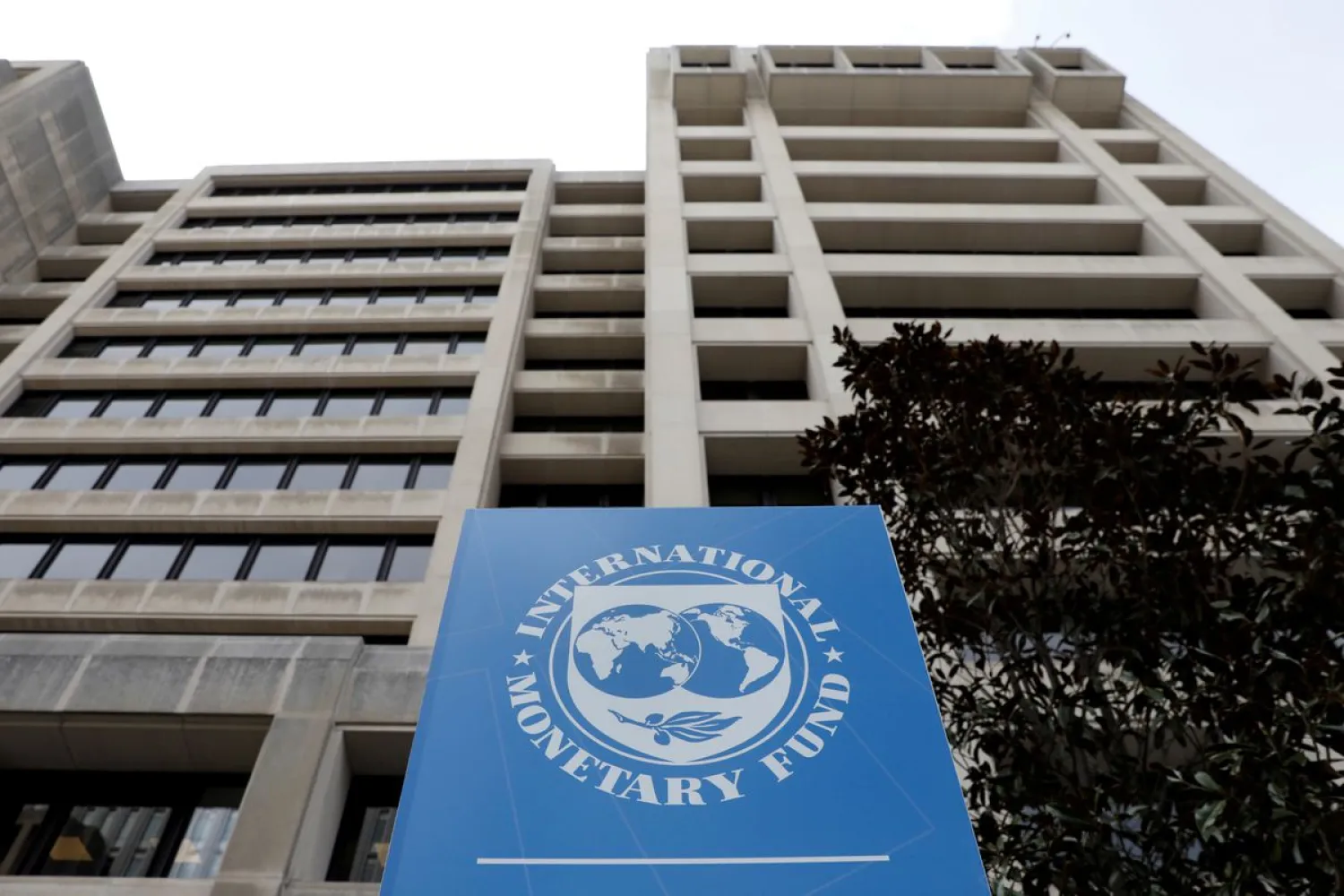Lebanon is mired in an economic crisis branded by the World Bank as one of the worst in modern times, but officials are yet to strike an international bailout deal.
The financial meltdown began in 2019, and Lebanon defaulted on its debt last year.
Politicians have failed to enact significant reforms to rescue the Mediterranean country, and many blame the ruling class and central bank policies for the crash.
What is delaying progress on talks with the International Monetary Fund (IMF) to strike a deal and unlock crucial donor funds?
- How bad is the crisis? -
Lebanon's GDP has plummeted from about $55 billion in 2018 to a projected $20.5 billion in 2021, a "brutal contraction" that the World Bank says "is usually associated with conflicts or wars".
Negotiations with the IMF opened in May 2020, but after two months they stalled amid arguments over the size of financial losses.
Talks resumed in September this year after the formation of a new government headed by Prime Minister Najib Mikati.
Lebanese officials have yet to submit a plan for negotiation.
But they have since agreed that financial sector losses amount to around $69 billion, according to Deputy Prime Minister Saade Chami, who is leading Lebanon's IMF negotiation team.
The Lebanese pound has lost more than 90 percent of its value in two years, and four out five Lebanese are living under the UN's poverty threshold.
Even though the official value of the pound still stands at 1,507 to the dollar, the central bank has adopted multiple exchange rates to try to combat its devaluation on the black market.
A unification of the different rates "would not be possible" without an IMF deal and political consensus, central bank governor Riad Salameh said this month, adding that $12-15 billion was needed to kickstart recovery.
- What's on the table? -
Lebanese officials met IMF delegates in early December to discuss "economic policies that will be an integral part of the funding program that Lebanon could receive," Chami told AFP.
Restructuring Lebanon's banking sector -- a longstanding demand of donors -- was among the topics discussed, he added.
"We need to prepare, in cooperation with the IMF, a comprehensive economic recovery plan that will be sent to the (IMF's) funding board for approval," Chami said.
The Lebanese government -- which has not met since October due to a political dispute over the fate of investigations into the August 2020 Beirut port blast -- must also sign off on a deal, Chami added.
He said Lebanon could see "concrete results" as soon as January, but warned that the government must "show it is committed to reforms" before any agreement is reached.
Lebanon's prime minister said Tuesday that the first official meeting with the IMF would take place on January 15.
The visiting IMF delegation will review the progress the government has made, and may return in early February to finalize a deal, Mikati added.
- To audit or not? -
A financial audit of the central bank is among the top demands of international donors, and is widely viewed as a precondition for an IMF agreement.
The Alvarez & Marsal (A&M) firm launched an audit in September 2020, but was forced to pull out two months later because the central bank failed to hand over necessary data.
In October this year, Lebanese President Michel Aoun said the company would resume its work, and it is due to submit its report to the government next month.
Former vice governor of the central bank, Nasser Saidi, suggested the IMF would want to examine the audit, but Chami said no demands had yet been made.
"We don't know if a forensic audit, or any audit, will be part of a potential IMF program," Chami said.
A potential IMF agreement will ultimately bring in other donors, such as the World Bank and Gulf Arab states, who may demand it as a precondition for support.
"We need to understand what is going on inside the central bank," Chami said. "There is a total lack of transparency."
For Saidi, a key question is the actual value of central bank reserves and the real value of financial sector losses.
"There seems to be no willingness to undertake a forensic audit," he said, but added that the "bottom line is the IMF will be looking –- before anything -- for promises of good governance."









